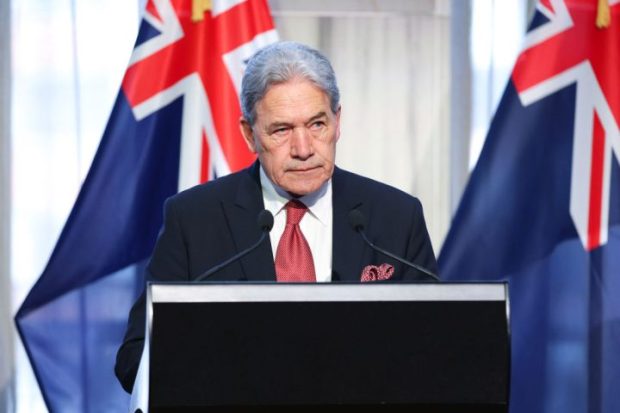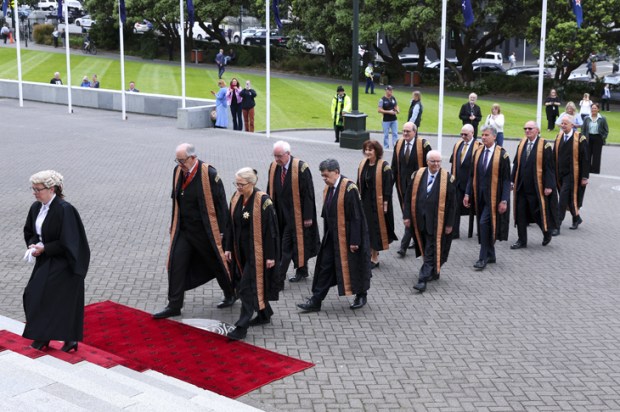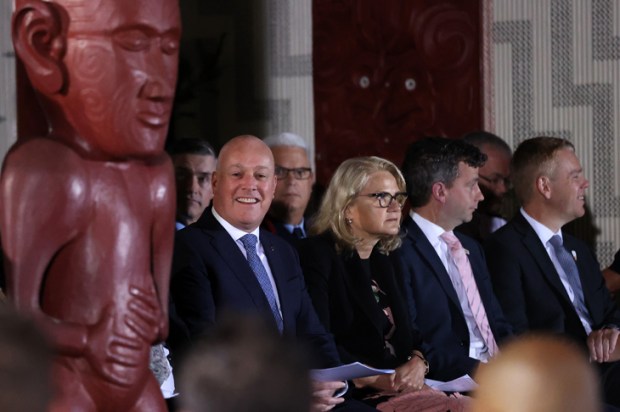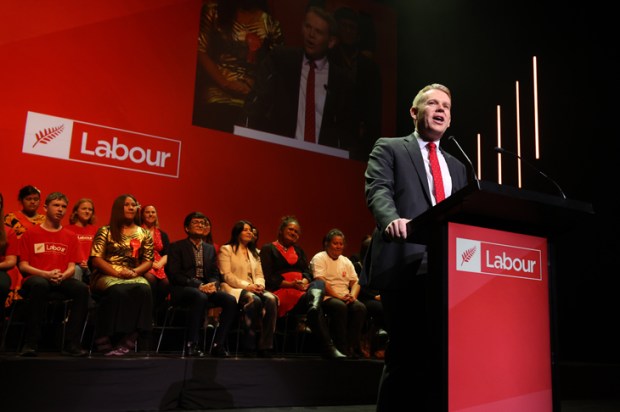What a wonderful thing, in a way, that New Zealand treated Karl Popper rather sheepishly.
Had the young Austrian refugee been greeted with open academic arms when he first arrived in 1938, he might never have gone on to become internationally celebrated, the twentieth century could have missed out on one its most glittering works of political philosophy, and the churning months of 2020 would be short of a highly useful text.
Popper believed that all the important thinkers are by definition outsiders. This may have made the prospect of him working as a philosophy lecturer at the geographically far-flung Canterbury University College seem like just the metaphysical caper. But playing the outsider has its limits when your parent institution won’t even supply you with a decent office and what passes for being the university library has — according to Malachi Hacohen’s adventurous biography — fewer books than there had been in the sprawling Popper family home back in Vienna.
The still-tender 36-year-old resolved to write a book of his own. Away from the campus, in his one-bedroom apartment high in the Port Hills overlooking decorous Christchurch, the slightly stooped educator spent much of his spare time over the next seven years pacing the kitchen while reading aloud from handwritten notes that he half-expected never to see the published light of day. His wife, Hennie, perched herself behind a typewriter rolling fresh sheets of paper and pecking out the words for what became The Open Society and Its Enemies. The two-volume work, which was first published by Routledge at the end of the war and has never been out of print since, is the most famous book ever to be produced in New Zealand that never mentions New Zealand by name. The omission wasn’t pique on Popper’s part. This was his ‘war effort’, as he later put it, not so much in respect of the one that had just concluded as the one that never ends: against totalitarian ideas and their henchmen.
Plato, Hegel and Marx, all of whom Popper lays into for their various claims to having certain knowledge about how societies ought to be organised, are the work’s major targets. He excoriates each of them at considerable length for their unwillingness to tolerate informed criticism (a liability that afflicted the author a bit in his later years as an emeritus professor at the London School of Economics and Political Science) and the social chaos that unchallenged ideas in general so often bring when their shortcomings inevitably become manifest. ‘Great men,’ he counsels, ‘make great mistakes.’
The book also offers a rollicking refutation of at least one of Popper’s contemporaries, the existentialist Martin Heidegger, about whom the author had this to sweetly say: ‘I appeal to the philosophers of all countries to unite and never again mention Heidegger or talk to another philosopher who defends Heidegger.’ Mostly, though, the author sticks to celebrating what he sees as the safety in small numbers. Not for him the notion of grand leaders making grand plans for societies (‘wholesale social engineering’), but rather ordinary people making ordinary choices for themselves (‘piecemeal social engineering’).
The work also put forward new ideas for distinguishing between good and bad political science, by breaking ranks with those who believe you need to find as many instances as one can of something in order to confirm a theory. ‘Falsification,’ rather than constantly scouting around for supporting examples, offers a much sounder basis for scientific inquiry of any kind, according to Popper — and it can save societies a great deal of grief into the bargain.
‘No number of sightings of white swans can prove the theory that all swan are white,’ he famously posited. ‘But the sighting of just one black one may disprove it.’ Those arguments found many takers. Along with Bertrand Russell (whose reference had helped Popper land the job in New Zealand), the late Isaiah Berlin, a biographer of Marx and a professor of philosophy at the University of Oxford, counted himself among its first admirers, calling it perhaps ‘the most scrupulous and formidable criticism of the philosophical and historical doctrines of Marxism by any living writer’. The National Review ranked it sixth on a list of the 100 most important non-fiction works of the past century.
The book continues to have a relevance amid the wild and noisy debates of recent months, too.
Early on in the pandemic pandemonium, for example, there was much bickering among the pundits about whether the emergence of the Wuhan virus constituted a ‘black swan’ event. Presumably unbeknownst to at least some of the commentators, this was a direct lift from the rock and roll epistemology set forth in Open Society.
Swans of many hues are much in evidence right now.
A lot has been made during the current global crisis of governments ‘following the science’, but much of the science around Covid-19 has turned out to be bitterly disputed. The general understanding of the new virus has changed by the month. One week it’s something that is carried or picked up from surfaces, the next it can be inhaled from the ether or even picked up from the plumbing system. Can it be caught from someone entirely asymptomatic or pre-symptomatic or otherwise subclinical? One week, yes; the next, no. There are also ferocious disagreements on the scientific basis for draconian government responses such as lockdowns. In the meantime, an evermore confused public looks on nonplussed.
Would Popper have been surprised? According to a wide-ranging survey conducted by the Wall Street Journal, at least a third of students at even the top universities are unable to make a cohesive argument, assess the quality of evidence in a document or interpret data in a table. At some of the most prestigious flagship stateside universities, test results indicate the average graduate shows little or no improvement in critical thinking over four years. All of which seems to circle back to Popper’s concerns for the health of open societies in general, all the more so at a time when indubitably colossal decisions with extraordinarily far-reaching consequences are being made that could have an economic impact for generations to come.
Hennie and Karl Popper never had children, a deliberate decision he spoke of a little ruefully in later years. Nevertheless, in The Open Society and its Enemies, they gave birth to something essential and classic and still fresh. Great men may make great mistakes, but sometimes they also produce great philosophical love letters for the future, too. Even from a far-off time in provincial New Zealand.
Got something to add? Join the discussion and comment below.
Get 10 issues for just $10
Subscribe to The Spectator Australia today for the next 10 magazine issues, plus full online access, for just $10.
You might disagree with half of it, but you’ll enjoy reading all of it. Try your first month for free, then just $2 a week for the remainder of your first year.















Comments
Don't miss out
Join the conversation with other Spectator Australia readers. Subscribe to leave a comment.
SUBSCRIBEAlready a subscriber? Log in